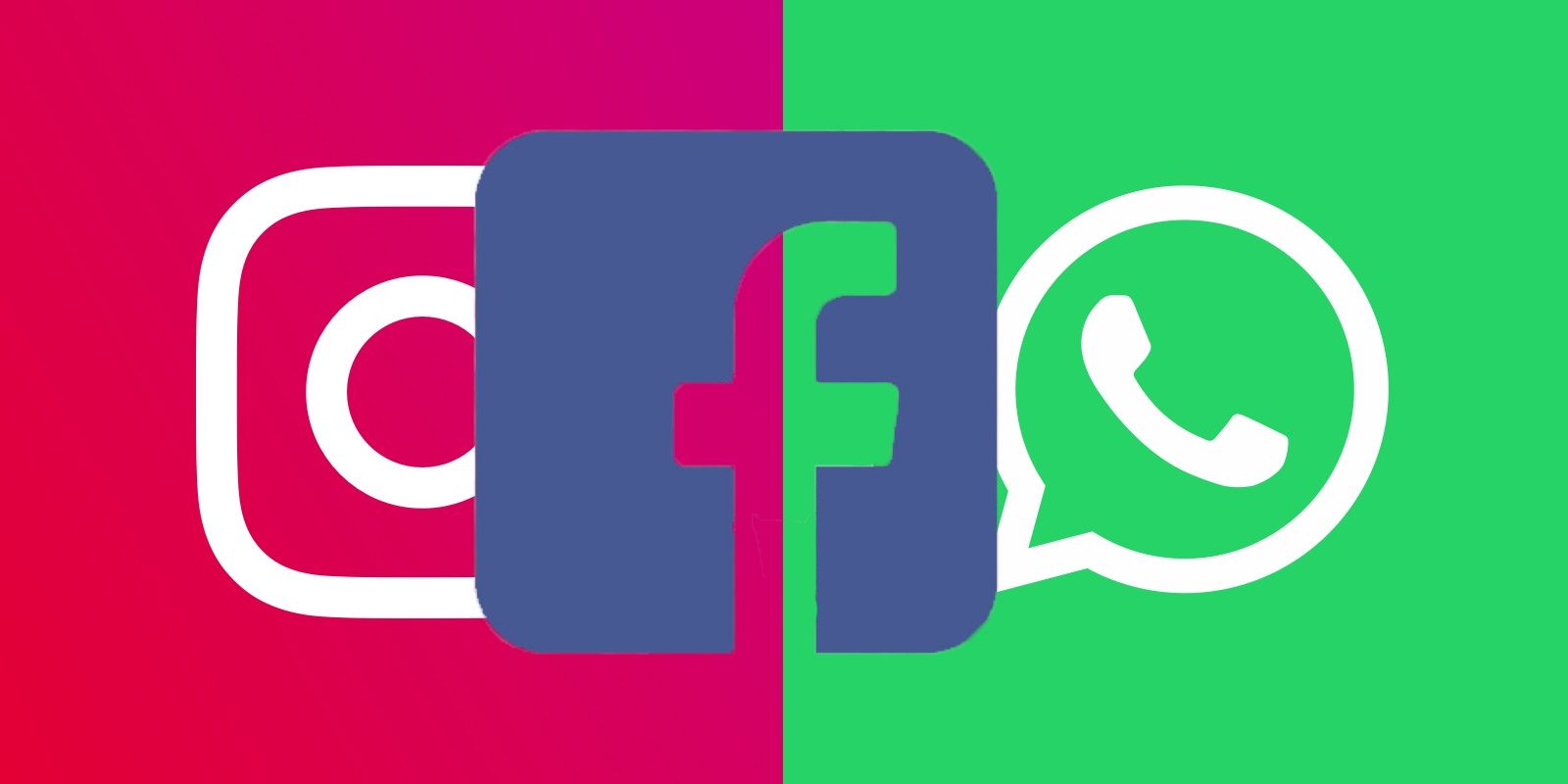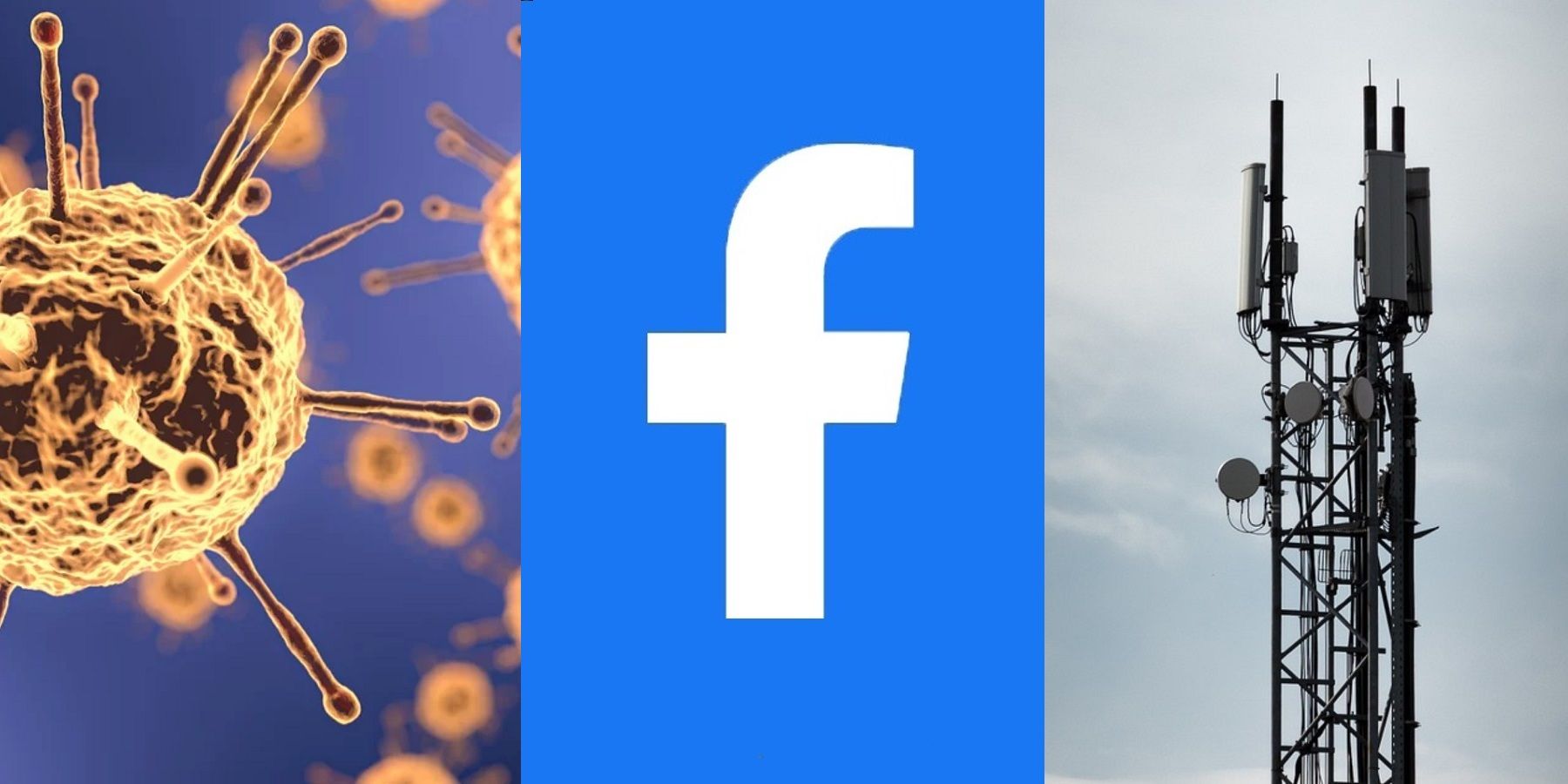The Federal Trade Commission (FTC) has confirmed it is now suing Facebook over claims of “unlawful conduct” and one of the cited actions is that both the Instagram and WhatsApp acquisitions should be undone. Whether or not that happens is another question, but it is highly likely Facebook will contest the claims and argue how it has improved the market (and these services) over the years, not harmed it.
Facebook is arguably one of the largest and most powerful social media services around. That was the case before its $1 billion Instagram acquisition in 2012 and the multi-billion WhatsApp purchase in 2014. Since then, all three services have evolved, continued to attract more users, and become more integrated with each other than ever before.
While the level of integration is one area consumers should be concerned about, the FTC is more focused on the behavior of Facebook during and since these mega purchases. For example, the FTC claims that the "illegal" actions by Facebook have been intentionally designed to maintain “its personal social networking monopoly” over the years. It is not just the FTC either, with attorneys general from dozens of states also filing their own collective lawsuit against Facebook, citing similar anti-competitive concerns. The timing of the two lawsuits is not a coincidence with the FTC confirming they are both the result of a joint investigation.
Facebook In The Spotlight Once Again
Although the company continues to boast about its metrics, Facebook has found itself routinely in the spotlight over the last few years. While concerns have surfaced over the way it collects data, how that data can be used, as well as the more general ‘big tech’ concerns that have hit the headiness of late, these latest claims are certainly among some of the most important. The FTC is making the case that Facebook has "systematically” looked to shut down competition and control the social media sector. So much so, the argument now being made is that the only way to restore competition is to limit Facebook’s reach. The suggestion is, this could range from Facebook needing additional approval in future mergers and acquisitions to even undoing its previous purchase of Instagram and WhatsApp. Essentially, forcing Facebook to spin these services off into their own companies.
Of course, whether that’s even possible is another matter entirely. Not to mention, mega-mergers and acquisitions of this magnitude don’t just happen, but often require agency approval, and that was the case when Facebook originally made its Instagram and WhatsApp purchases. Therefore, while many are now calling on the social media giant to undo those same deals, it was the actions of agencies like the FTC that allowed Facebook to complete them in the first place. For example, following Facebook's Instagram acquisition in April of 2012, in August of the same year, the FTC confirmed it had closed its investigation into the purchase, stating no further action was needed and that “the deal may now proceed as proposed.”
Regardless of who is ultimately to blame for any claims made by the FTC, the latest lawsuits are going to be of great importance. If successful, they not only have the ability to fundamentally impact on how Facebook looks and operates, but also any mega-merger or acquisition that takes place. That’s not only in terms of future deals but, as the FTC is now attempting to demonstrate with Facebook, in the past as well.


